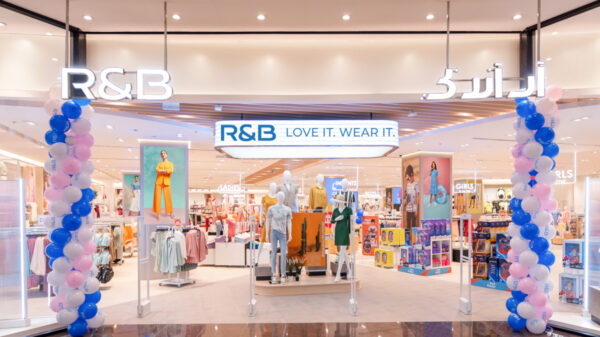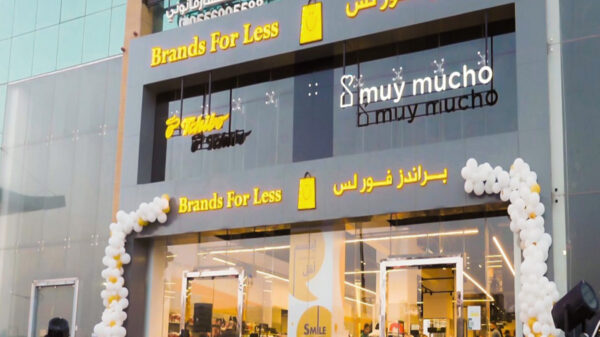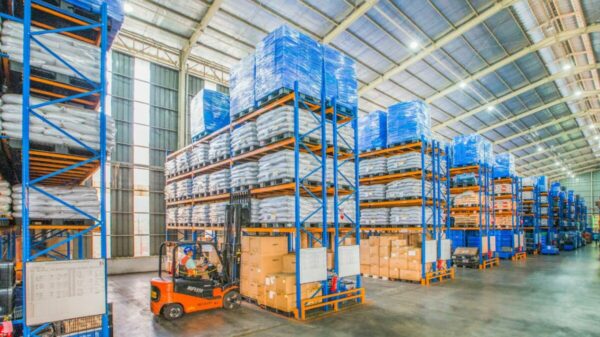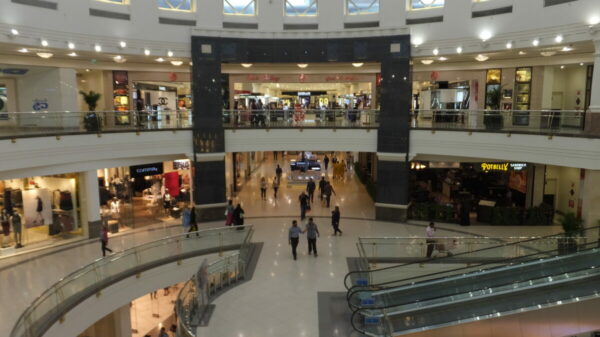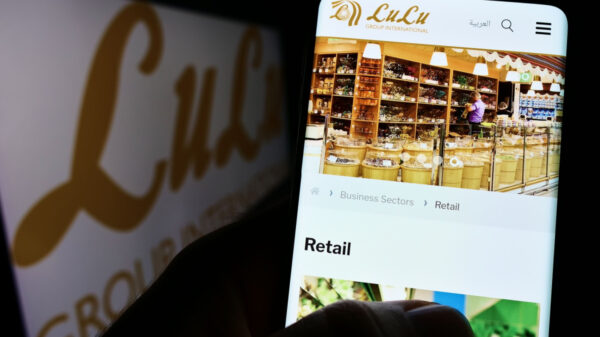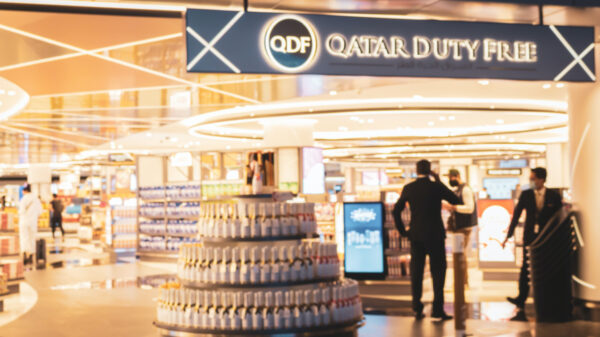Abdulrahman Shaheen, senior vice president of operations at Dubai CommerCity, shared the latest technologies that the region’s first e-commerce free zone is implementing at Seamless Middle East 2022, a regional conference connecting innovators, representatives and business leaders of e-commerce, financial technology and retail industries,
Dubai CommerCity, a subset of the Dubai Integrated Economic Zones Authority and joint project with property developer Wasl, was an official partner of and exhibitor at the event, which ran from May 31 to June 1.
The free zone has collaborated with Dubai Customs to create an exclusive blockchain node which grants merchants a hassle-free set-up for businesses, ultimately contributing to the growth of the e-commerce industry.
A blockchain dedicated to Dubai CommerCity reduces its tenants’ costs and allows for efficient techniques to be harnessed for their logistical operations.
“Incorporating blockchain brings major benefits to our clients, which include a reduced cost for e-commerce, allowing importing goods to the local market from the free zone, automated declaration, reduced charges, easy return of goods, automated duty refunds, an integrated and uniform gate-pass process and reduced documentation,” said Abdulrahman Shaheen, senior vice president of operations at Dubai CommerCity.
Setting up businesses within a free zone establishes closer relationships between merchants and consumers, with easier management of reverse logistics and marketplace fulfilment operations.
Given that 80 per cent of items purchased via e-commerce in the Middle East are fulfilled in the country of delivery, Dubai CommerCity can facilitate such operations, Mr Shaheen said.
The second day of Seamless Middle East 2022 saw a presentation titled ‘Global Retail and E-commerce Trends and Their Adaptability for the Middle East, delivered by Mitch Bitterman, senior vice president of commercial operations at Dubai CommerCity.
The free zone has observed conversational commerce, super-apps, the metaverse, beacon technology, digital experience malls, contact-less shopping and micro-fulfilment centres within shopping malls as growing trends, said Mr Bitterman.
Dubai CommerCity has estimated that the region’s e-commerce market value will amount to $50 billion by the end of the year, signifying an increase of 163 per cent over the past five years.
By 2025, the Middle East’s e-commerce market value is expected to grow by 54.57 per cent and value $49 billion, with the UAE to contribute $8 billion, according to Dubai South’s e-commerce zone EZDubai and market research database Euromonitor International.

